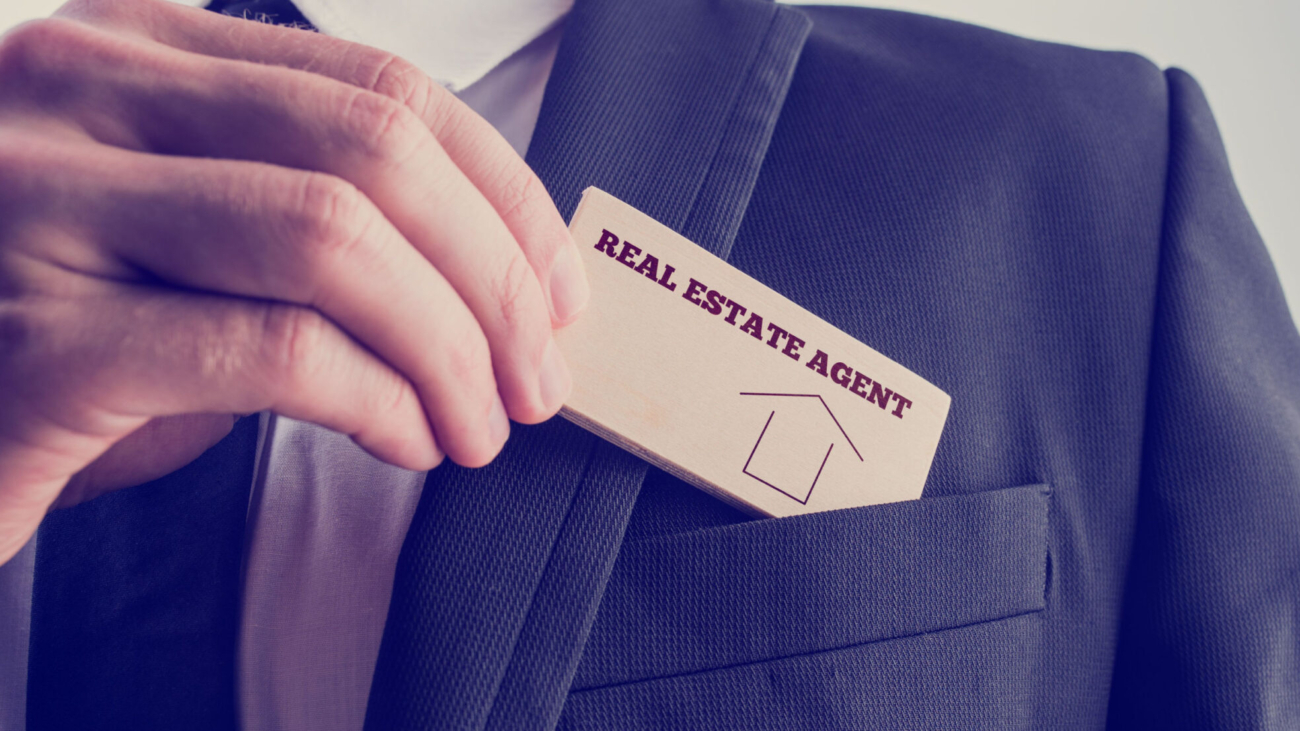It is important for a real estate agent in Australia to have a license because it demonstrates that the agent has met certain educational and professional standards, and is competent and qualified to provide real estate services to the public.
Why real estate agents need a license
Holding a real estate license shows that an agent has completed the necessary training and passed a licensing exam, which tests their knowledge of the real estate industry and the laws and regulations that apply to it.
This helps to ensure that agents are competent and capable of providing professional and ethical services to their clients.
In addition, a real estate license is required in order to legally conduct real estate transactions in Australia.
Without a license, an individual is not permitted to act as a real estate agent or broker, and cannot list or sell properties on behalf of clients.
Having a real estate license helps to protect the public by setting standards for agents to follow, and providing a means of recourse if an agent fails to meet these standards.
It also ensures that agents are accountable for their actions, and are required to adhere to a code of conduct that is designed to protect the interests of their clients.
In Australia, the regulation of the real estate industry is the responsibility of the state and territory governments.
Each state and territory has its own regulatory body that is responsible for issuing and managing real estate licenses.
For example, in New South Wales, the Office of Fair Trading is responsible for issuing and managing real estate licenses.
In Victoria, the responsibility lies with the Estate Agents Council. In Queensland, it is the Office of the Commissioner for Body Corporate and Community Management. And in South Australia, it is the Consumer and Business Services (CBS) division of the Department of the Attorney-General and Justice.
In addition to these state and territory agencies, there are also professional associations that represent real estate agents and property professionals in Australia.
These associations, such as the Real Estate Institute of Australia (REIA), offer training and support to their members and can provide information on the licensing process in your state or territory.
What are the consequences of practicing as a real estate agent without a license?
In Australia, practicing as a real estate agent without a license is considered a serious offense and can result in significant consequences.
If you are caught practicing as a real estate agent without a license, you may be subject to fines, legal action, and/or criminal charges. The specific consequences will depend on the state or territory in which you are located, as well as the specific circumstances of the case.
For example, in New South Wales, it is illegal to carry on a business as a real estate agent without a license, and doing so can result in fines of up to $22,000 for an individual or $110,000 for a corporation. In Queensland, an individual who practices as a real estate agent without a license can be fined up to $15,000, while a corporation can be fined up to $75,000.
In addition to fines, practicing as a real estate agent without a license can also result in criminal charges and/or civil litigation if you engage in activities that are fraudulent or deceptive, or if you cause financial harm to your clients.
It is important to note that practicing as a real estate agent without a license can also have serious consequences for your reputation and future career prospects. It is generally much more difficult to obtain a real estate license if you have previously engaged in unlicensed practice, and a conviction for this offense can make it difficult to find employment in the real estate industry in the future.
It is important to note that the specific requirements for obtaining a real estate license in Australia may vary depending on the state or territory in which you are located. You should contact the relevant government agency or professional association for more information on the specific requirements in your area.
To obtain a real estate license in Australia, you will need to follow the requirements set by the relevant state or territory government. Here is a general overview of the process:
Check the eligibility requirements
To get a real estate license in Australia, you must be at least 18 years old and have a clean criminal record. You may also need to meet certain educational requirements, such as completing a certain number of hours of real estate training.
Complete the required training
You will need to complete a certain number of hours of approved real estate training in order to obtain a license. This training will cover topics such as property law, ethics, and real estate practice.
Pass the licensing exam
Once you have completed the required training, you will need to pass a licensing exam in order to obtain your license. The exam will test your knowledge of the real estate industry and the laws and regulations that apply to it.
Apply for your license
Once you have passed the licensing exam, you can apply for your real estate license. You will need to submit an application and pay any fees that are required.
Ongoing education and renewal
In order to maintain your real estate license, you will need to complete ongoing education requirements and renew your license on a regular basis.
It is important to note that the specific requirements for obtaining a real estate license in Australia may vary depending on the state or territory in which you are located. You should contact the relevant government agency or professional association for more information on the specific requirements in your area.

